 Beyond The Certificate Ongoing Gas Safety Responsibilities For Landlords
Beyond The Certificate Ongoing Gas Safety Responsibilities For Landlords
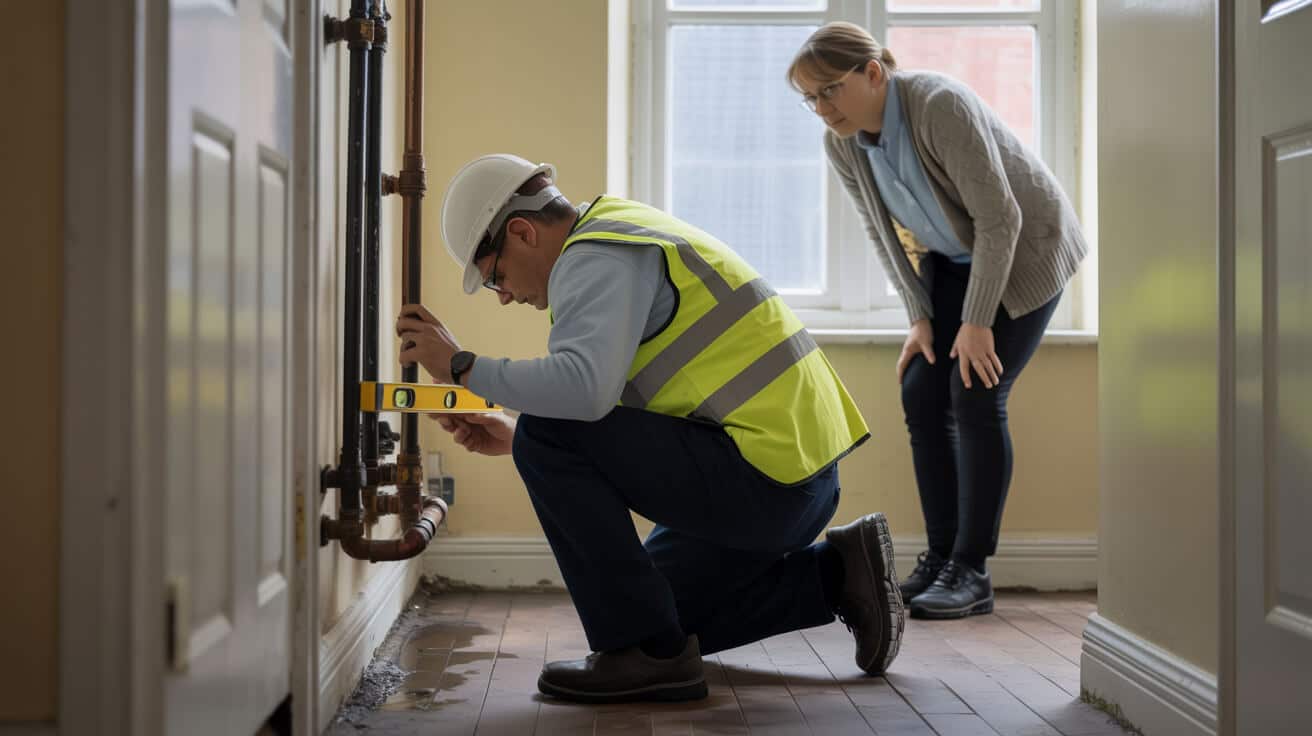
Are You Mistaking a Gas Safety Certificate for True Protection?
The ritual plays out across the UK every year: a landlord’s calendar reminder pings, a Gas Safe engineer visits, a document lands in the file, and the pressure recedes—for a few months, at least. But what happens in the space between those annual checks? Is a sheet of paper truly enough to shield your portfolio and reputation from the realities of gas risk?
Gas safety is not a date circled on the calendar. It’s a live and ongoing responsibility that demands vigilance year-round.
A Gas Safety Certificate confirms your property’s appliances were safe—on one particular day. It doesn’t warn you a fault might develop next week, or guarantee a tenant will spot and report an issue responsibly. UK law expects landlords to move far beyond annual admin: regulators and judges see the certificate as a baseline, not a shield. When leaks, incidents, or disputes arise, it’s your ongoing actions—not that single document—that determine your legal standing and liability (HSE Gas Safety Regulations).
Landlords who see compliance as a “one-and-done” effort often discover, painfully, that real exposure creeps in after the inspection van pulls away. If records don’t show how you acted on a mid-year complaint or maintain a logbook of decisive responses, you can face penalties, failed evictions, or worse: uninsured losses, reputational harm or, in rare but real cases, personal liability for injury.
What distinguishes secure, admired landlords? Not how many certificates are pinned to their noticeboard, but the system of assurance they rely on—one that survives every surprise inspection, complaint, or “what if” scenario.
What Does Ongoing Gas Safety Really Require From Landlords?
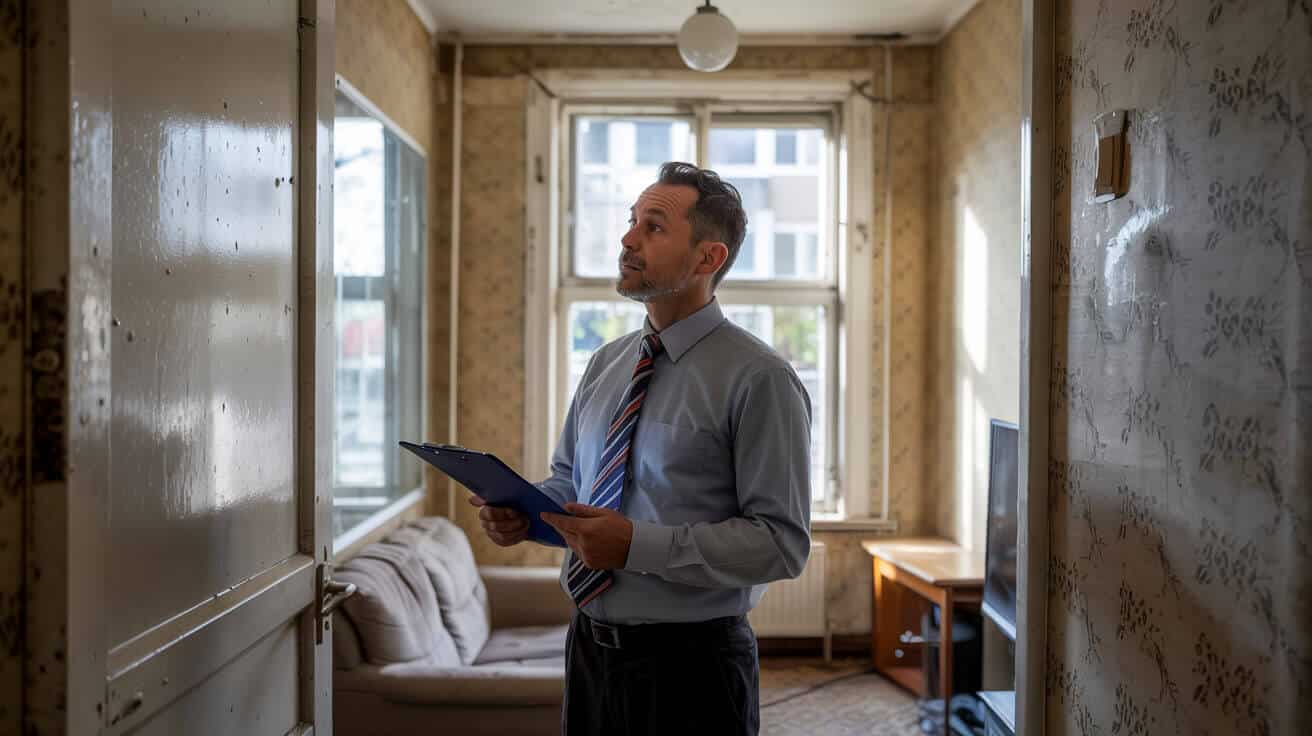
Grasping the reality behind compliance means understanding what happens between those annual visits. Older homes, HMOs, or properties with frequent tenant turnover demand more than a tick-box approach. Over a third of gas incidents occur outside the yearly check-up window—meaning most risks slip through the gaps when landlords are least alert (Total Landlord Insurance).
Ongoing Gas Safety Tasks Every Landlord Must Master
- Keep a live event log: Record every visit, maintenance action, and engineer interaction—not just the annual check. Each log should include time, date, property address, engineer’s full Gas Safe ID and certificate expiry, and a notes field for work completed.
- Act on tenant reports—instantly: Treat every gas-related concern as a formal notification. Document who reported what, when, and the action you took (plus any follow-up).
- Conduct visual spot-checks and move-in/out scans: Look for telltale signs—yellow flames, black stains, damp spots, blocked vents, or odd odours—at each property check, not just when an engineer is due.
- Centralise your records—paper and digital: From annual certificates to repair receipts, all documentation should live in one secure, clearly tagged location.
The real compliance gap isn’t missing certificates—it’s missing proof of continual diligence, response, and communication.
UK legislation is explicit: only Gas Safe-registered engineers can legally work on appliances or pipework. Beyond the annual inspection, every service, repair, or installation must be logged and, ideally, matched with photo and timestamped evidence. Even casual fixes—to a hob, fire, or boiler—should be traceable through your records.
When a new tenant moves in, or a repair wraps up, be ready to hand over the current safety certificate and any recent service notes. Skipping a single link in this chain may seem minor—until a dispute, penalty, or insurance challenge makes that missing file your biggest liability.
When Tenants Raise Gas Safety Concerns, What Is Your Legal Duty—and Paper Trail?
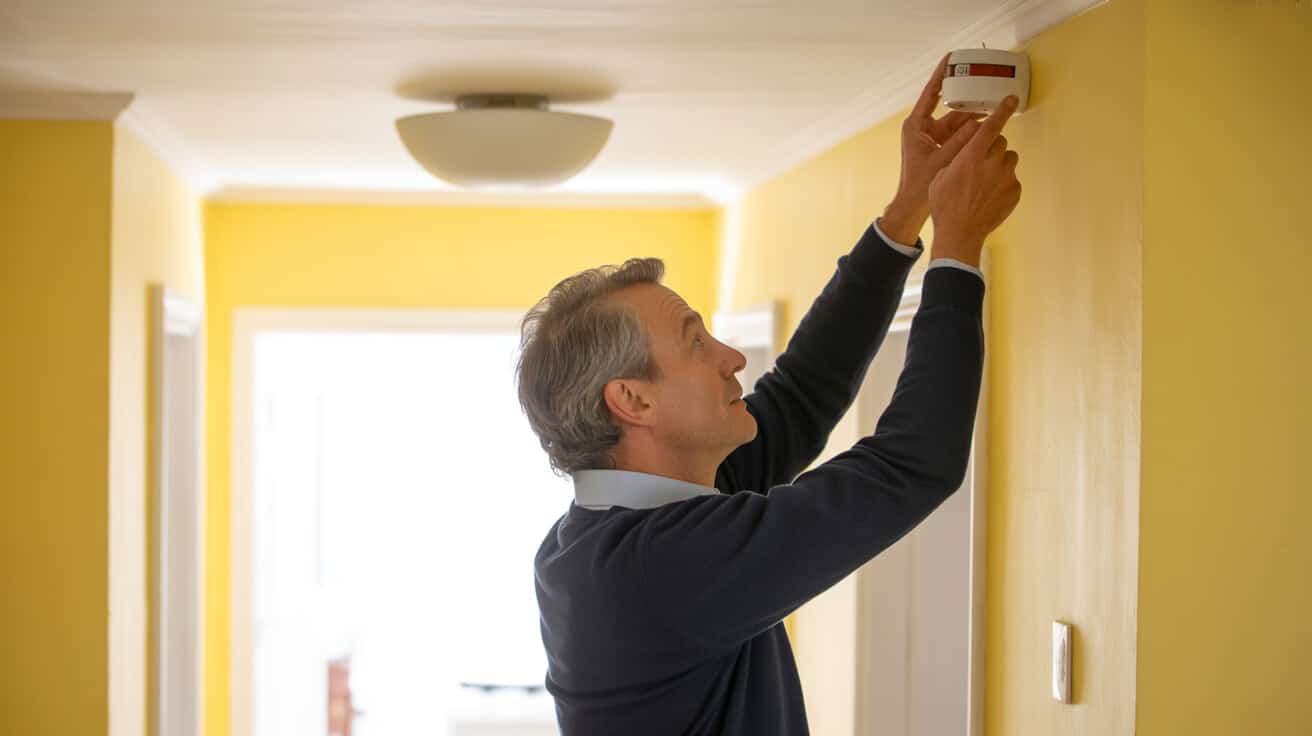
A phone call about a “funny gas smell.” A WhatsApp reporting a flickering flame. These aren’t just routine maintenance requests—they are critical legal signals. In the eyes of the law, tenant reports trigger a window where you must act rapidly and transparently, documenting each step.
Quick, Documented Action is Non-Negotiable
- Document the report the moment it arrives: Record the tenant’s name, date, issue described, and property address in your main compliance file.
- Respond, don’t dither: Send the tenant a clear action plan (e.g., “Engineer dispatched by 5pm”) and timestamp every message or call log.
- Always use Gas Safe-registered professionals: No legitimate shortcut exists. Keep all engineer paperwork, job sheets, and follow-ups attached to the incident.
- Keep the entire conversation—email, SMS, call screenshots.: These are your proof if doubts or disputes arise.
Failure to move quickly—or to produce a tidy, timestamped evidence trail—can escalate a minor maintenance call into major legal and financial trouble. Rent repayment orders, blocked evictions under Section 21, and costly rebuilding of trust all become likely outcomes.
Authorities don’t care about intent—only about your documented action, evidence, and speed of response.
Landlord insurance claims have failed, not because work was neglected, but because landlords couldn’t prove when and how an issue was addressed. In every instance, the “proof gap” comes roaring into the spotlight at the worst possible moment—during a regulatory probe, eviction battle, or high-stakes claim.
Why Recordkeeping Is the Safeguard Most Landlords Overlook
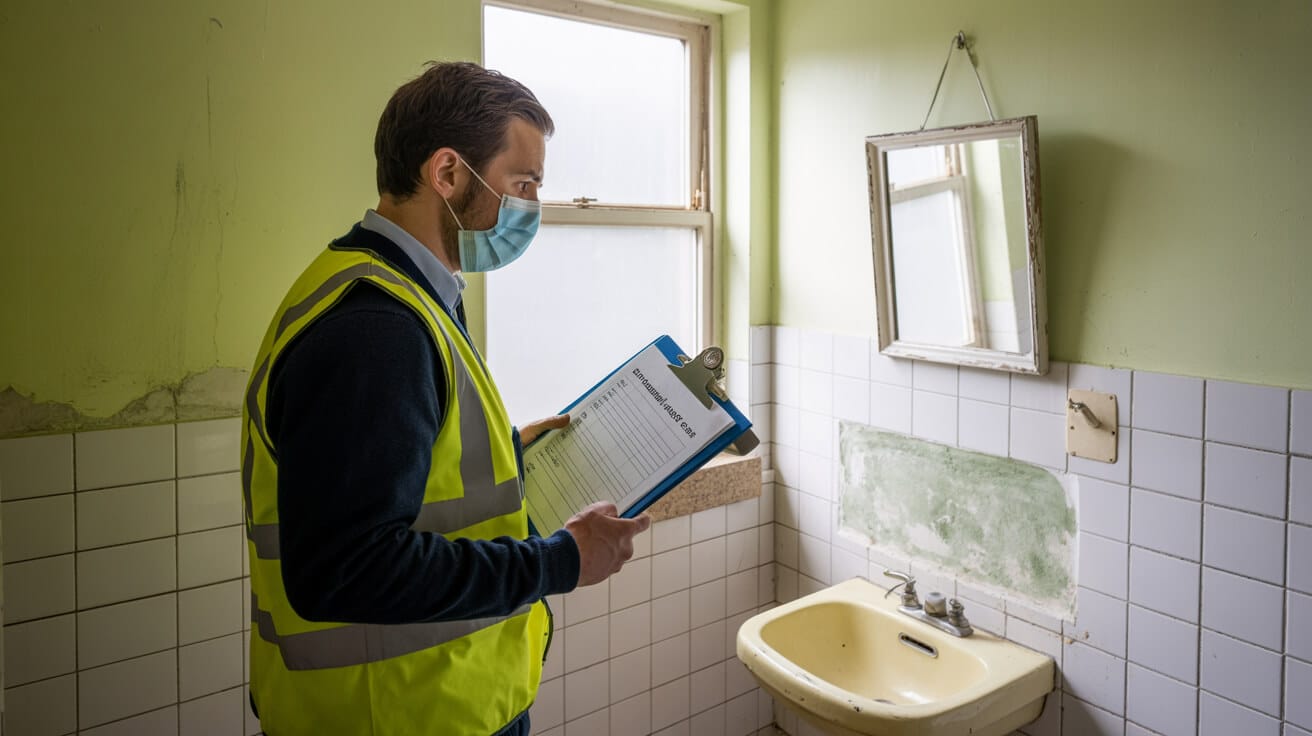
You may be diligent, responsive, and proactive. But if your records are fragmented, incomplete, or tucked into a shoebox, you’re at risk. The standard for “good recordkeeping” isn’t defined by how tidy your desk looks, but by how readily you can summon every form, receipt, and log when questioned by a regulator, tenant, or insurer.
What Should End Up in Your Gas Safety Compliance File?
- Annual gas safety certificates (Gas Safe Register, NRLA).
- Engineer qualifications, ID numbers, and expiry dates (attach a photo if possible).
- Full logs: tenant complaints, repair jobs, engineer visits, with dates and outcomes.
- Digital images of appliances, repairs, alarms, and even property access notes.
- For every tenancy: the latest certificate handed over before move-in, and within 28 days of each new inspection.
Losing even one compliance record cost me an eviction case, even though I fixed the fault the next day. *(Landlord Today, 2022)*
Organised landlords turn to digital tools—cloud folders, property management platforms, or even property maintenance partners—to eliminate the frantic “document hunt” when things get tense. Legally, every gas safety file must be kept for a minimum of two years; many in the industry now keep files accessible for seven or more.
Owning your proof, in real time, is the only way to avoid being hamstrung by paperwork when things go wrong—because it’s not the actions you take that matter; it’s the actions you can show.
What Do Landlords Really Risk If Gas Safety Steps Are Missed?
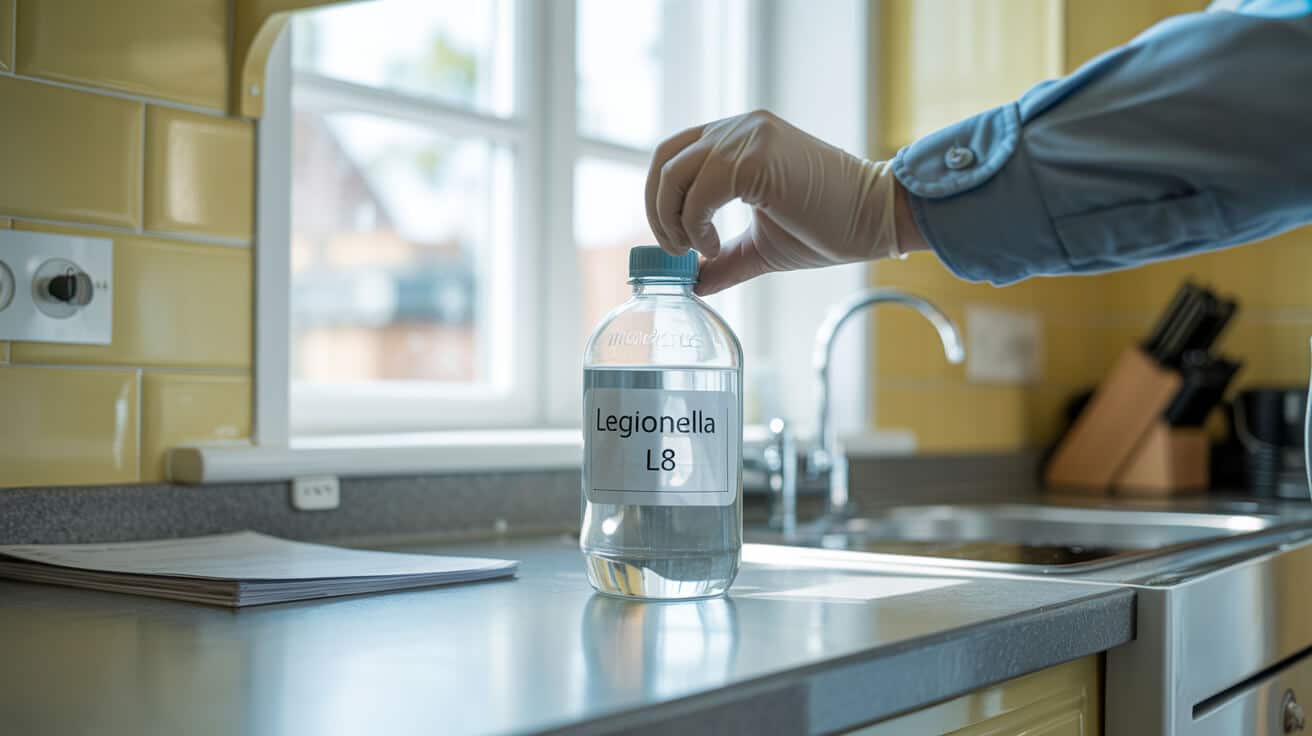
Gas safety blunders are not abstract. They are spelled out in fines, failed insurance claims, legal costs, and the potential collapse of your letting rights. Under the Gas Safety (Installation and Use) Regulations 1998, you carry strict, ongoing liability—regardless of whether a tenant was injured or not (HSE).
The Cost of Complacency
- Fines start at £6,000 per breach: ; fines have no legal ceiling when neglect leads to injury or large-scale risk (Total Landlord Insurance, HSE).
- Section 21 eviction blocks: Miss your certificate window, your eviction rights are frozen—regardless of other paperwork.
- Insurance claim denial: Laggy or lost documentation can void claims, even if work was done by top engineers.
- Personal liability: Rare, but real—gas-related harm or death may expose you, not just your business, to criminal and civil cases (BBC).
Most landlords found wanting by regulators didn’t skip their annual check—they skipped recordkeeping, rapid responses, or lost track after a repair.
Work carried out without a logged certificate or traceable technician might as well have never happened, as far as the law is concerned. When new installations or urgent fixes occur, the paperwork must be chased, filed, and attached to the unit’s record. Anything less is a time-bomb, liable to explode in your hands at the next audit, sale, or claim.
How to Avoid Compliance Gaps When Upgrading Gas Appliances or Completing Repairs

Every replacement boiler or new gas fire triggers another regulatory layer: the Building Regulations Compliance Certificate (sometimes called the certificate of completion). This is not optional—councils, letting agents, mortgage providers, and insurers are entitled to ask for a copy at any point, not just at tenancy setup or renewal (Gas Appliance Certificates, HomeProtect).
Checklist for New Gas Installations and Remedial Work
- Check Gas Safe registration and credentials before booking.:
- Secure, store, and scan all completion certificates and receipts upon work completion.:
- Log all appliance details: brand, model, serial number, installation and warranty dates, and property address.
- Update your main digital or paper record within 48 hours of any installation or significant repair.:
A missing completion certificate or service log can put your next remortgage, insurance claim, or sale at risk—no matter how well the work was done. (HomeProtect, Gas Safe Register)
Many landlords delegate paperwork to contractors, only to discover late that a document was never filed or an engineer’s details were out of date. Proactive owners always verify delivery, chase missing docs, and set calendar reminders linking property improvements with compliance updates.
By weaving every appliance change or fix directly into your compliance routine, you futureproof your portfolio and shore up your defences before trouble comes.
Carbon Monoxide Alarms: Where Law and Best Practice Converge
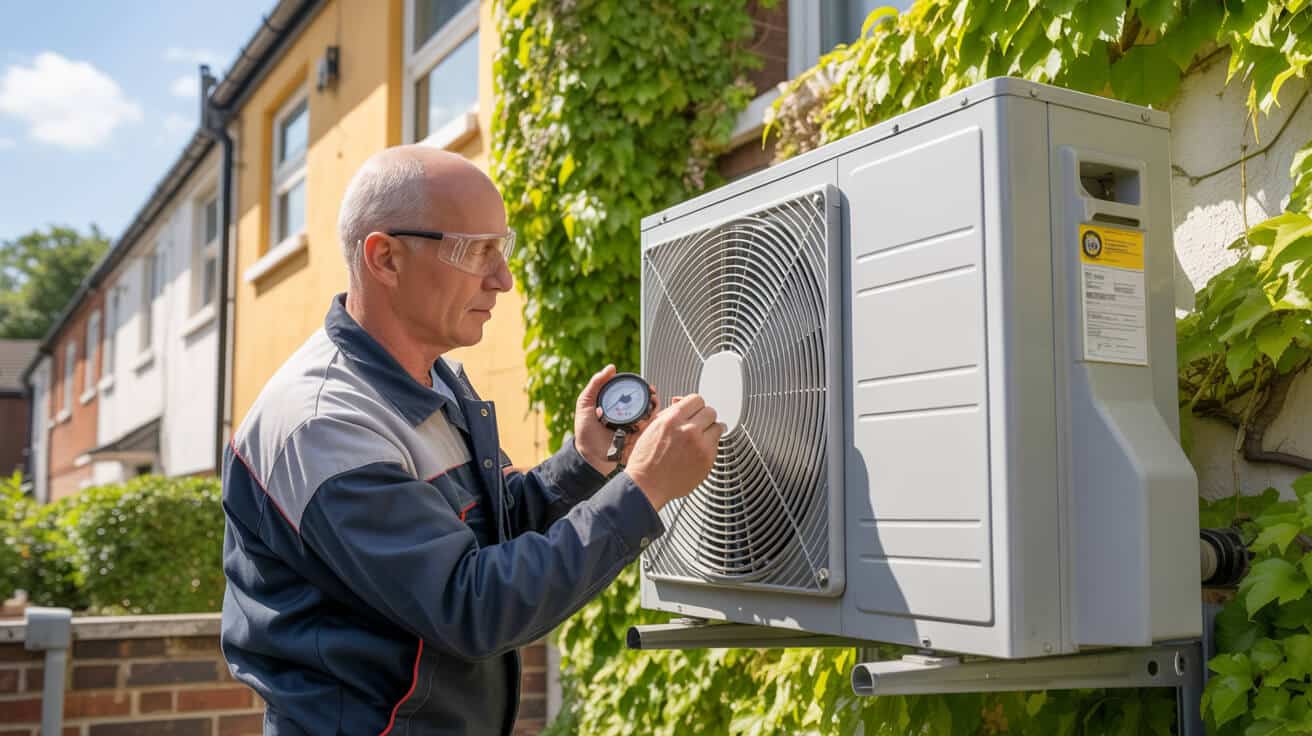
As of October 2022, every UK rental with a solid fuel appliance requires a CO alarm—full stop. For gas appliances, the law recommends alarms just as forcefully; many local councils treat non-compliance as an immediate fine risk (GOV.UK, Landlord Today). In HMO, student, or vulnerable tenancies, expectations are even higher.
Zero-Excuse CO Alarm Fitment and Documentation
- Instal alarms in every relevant room, regardless of fuel type, as standard practice.:
- Log instal date, device model, and all future test/move-out checks in your records.:
- Show and tell tenants: demonstrate the alarm, testing method, and reporting process for faults.:
- Automate and document alarm checks at every key property milestone—move-in, move-out, biannual inspection.:
One missed CO alarm documentation, during an audit, led to an eviction case collapse and a five-figure rent repayment penalty.
Modern tenants expect, and the law increasingly mandates, written confirmation for every safety device. Digital sign-off and tagged photo records ensure you never face an impossible “prove it” battle after the fact.
Can Gas Safety Compliance Be Streamlined—Or Is It Always Endless Paperwork?

Ask any successful landlord managing more than a handful of properties: admin burden is real—but so is the technology to mitigate it. The leaders in property management transform compliance from an annual hurdle to an integrated, low-friction routine.
Making Gas Safety Foolproof and Frictionless
- Automate reminders for mid-year “mini-inspections”: ; don’t rely solely on 12-month cycles. This aligns with best practice from councils and professional associations.
- Adopt digital recordkeeping: Use cloud platforms or third-party apps to store and tag every certificate, engineer note, complaint, alarm check, and related email.
- Build communications templates: Send standardised inspection notices and CO alarm info packs for consistency and speed.
- Outsource only to proven, Gas Safe-registered partners, demanding digital paperwork every time.:
- Back up everything, everywhere: Give a second storage location—one emergency is all it takes to lose hard drives, paper files, or crucial PDFs.
Landlords who systemise compliance spend less time in dispute, achieve higher tenant ratings, and avoid almost all legal or insurance exposure. (All Services 4U case data)
When you show up with every record, photo, and traceable response—ready to hand in seconds—you command more trust from tenants, letting agents, banks, and insurers. The smallest investment in process returns outsized stability and confidence.
Your Smartest Move: Partner With All Services 4U for Ironclad Gas Safety
Landlords rarely regret being over-prepared. What eats portfolios and peace of mind are surprises—the document you can’t find, the alarm you never tested, the complaint that sat unread a day too long.
All Services 4U takes landlords beyond minimum standards:
- Scheduled mid- and biannual health checks tailored for larger portfolios, older stock, or high-rotation lets.
- End-to-end digital document storage, audit, and instant retrieval support—so every certificate, alarm checklist, and engineer log is ready when you need it.
- Guaranteed access to trusted, accredited Gas Safe professionals for every appliance instal, repair, or emergency.
- Proactive support for carbon monoxide alarm fitment, record-keeping, and tenant safety notifications—streamlining both legal checks and tenant onboarding.
- After-action snapshots: every engineer visit ends with downloadable, regulator-ready documentation.
Peace of mind isn’t just a slogan—it’s your most valuable business asset. The less you worry, the more you grow.
Ready to level up your portfolio? Set up your first biannual property health check, or move all your compliance headaches under one systemised roof with All Services 4U. Avoid tomorrow’s legal threat with action today.
Frequently Asked Questions
What are a landlord’s ongoing gas safety duties beyond the annual certificate?
Landlords are bound by UK law to maintain gas safety every single day—not only when inspections are due. According to the Gas Safety (Installation and Use) Regulations 1998, your duty of care is constant: you must keep all gas appliances, pipework, and flues in safe condition throughout each tenancy. Passing an annual Gas Safety Certificate (CP12) does not “pause” this responsibility, nor does it shift risk to the tenant—even for a day. Any sign of a leak, fault, or carbon monoxide issue obligates you to act, regardless of your certificate status.
How does this shape my actions in real tenancies?
- Gas safety isn’t “set and forget”; every new concern means immediate investigation by a Gas Safe registered professional.
- Tenants can never be held responsible for ongoing safety—owners are always accountable if something goes wrong.
- Failure to respond swiftly is seen by courts and insurers as a breach, not an oversight.
365 days a year, it’s your diligence—not paperwork—that truly safeguards your property.
Legal best practice means keeping protocols tight between annual checks. For official wording and updates, review guidance from the (https://www.gassaferegister.co.uk/gas-safety/renting-a-property/landlord-gas-responsibilities).
How must landlords respond to gas safety warnings or faults raised by tenants?
Landlords must react fast and decisively to any report—however minor—of gas trouble. A faint smell, a persistent boiler hiccup, or a tenant’s text about a CO alarm all trigger your legal and ethical duties. Waiting for a scheduled inspection or “seeing if it improves” is not an option—the consequences of delay can be severe and expensive.
What process establishes compliance and trust?
- Always acknowledge tenant concerns immediately—confirming receipt and noting key facts.
- Make safety the priority: instruct tenants to halt appliance use if risk is present, ventilate if advised, and vacate if necessary.
- Arrange a same-day visit for emergencies, or as soon as possible for other faults—always with a Gas Safe certified engineer.
- Keep a thorough record: all communication, call logs, inspection notes, and repairs must be documented and easy to retrieve.
A fast reply and detailed record could be your best protection—anything less risks your rights, and your reputation.
Current trends show that lacking a robust, documented response means landlords risk voided insurance or failed possession claims. The Health & Safety Executive’s guide breaks down response expectations.
What evidence do landlords need to prove real-world gas safety compliance?
Genuine compliance is demonstrated by what you record, not what you remember. While an up-to-date CP12 is necessary, courts and insurers require a deep, timestamped paper trail to back you up during audits or accidents. This includes every service, emergency, and communication—centred on what you did between annual inspections, not just at certificate time.
What should be included in a compliance file?
- All Gas Safety Records (CP12)—present and past, clearly labelled.
- Work orders and engineer invoices (with Gas Safe IDs); attach photos or digital logs when possible.
- Full communication logs: messages, emails, call notes—all time-stamped.
- CO alarm and smoke detector test records; note every instal or battery change.
- Certificates of appliance upgrades, especially relating to Part P (electrical) or building regs.
Systems such as All Services 4U’s digital platform streamline this by automatically archiving every action, making retrieval during audits simple. For sample logbooks and practical advice, see NRLA’s resources.
What advanced maintenance steps protect landlords above basic legal compliance?
Doing the bare minimum is a costly strategy in the long term. Leading landlords invest in preventive maintenance—anticipating problems before they trigger emergencies, complaints, or legal disputes. Scheduling extra engineer visits, visual spot-checks, and rigorous logging doesn’t just reduce hassle; it compounds your ROI through reliability and smoother tenancies.
How can proactive landlords stay one step ahead?
- Run manufacturer-specified or biannual gas servicing for high-use or older appliances.
- Carry out your own regular spot-checks for warning signs—staining, odd smells, visible flue defects, or incomplete combustion.
- Treat routine CO alarm testing as non-negotiable at every visit, not just annually.
- Subscribe to updates on regulations and recall notices; ensure only Gas Safe engineers ever touch gas work.
Prevention costs less than rescue—a habit of vigilance pays back in time, savings, and tenant trust.
Maintain an edge with downloadable checklists and advisory bulletins from the Gas Safe Register’s landlord portal.
What legal and financial consequences do landlords risk for neglecting ongoing gas safety?
A current CP12 cannot shield you if day-to-day safety fails. The gap between inspection and action is where insurance claims collapse, fines mount, and legal protections evaporate. Repeat penalties for missed duties include fines of up to £6,000 per breach, potential criminal prosecution, and a loss of rights—including Section 21 evictions. After a serious incident, insurers probe all your actions, not just paperwork, and can refuse compensation if “active compliance” is found lacking.
What real issues have exposed owners?
- Ignoring a tenant’s safety report (even when certificate is valid) → HSE enforcement or prosecution.
- Delaying renewal or losing certificates → invalid eviction, risk of large penalties.
- Incomplete records or response logs → insurance claim denial after fires or poisoning.
- Letting CO detectors lapse or failing to test them → direct liability for injury or loss of life.
Landlords are now judged by ongoing effort, not box-ticking: the law expects “living” compliance. Penalty trends and real-world repercussions appear in recent (https://www.totallandlordinsurance.co.uk/knowledge-centre/gas-safety).
What tools and professional services streamline gas compliance all year for landlords?
Modern property owners don’t try to juggle ever-growing compliance alone—digital systems and partner providers turn an admin headache into a strategic advantage. All Services 4U, for example, combines routine and emergency visits, 24/7 record-keeping, automatic tenant notifications, and audit-ready digital logs. The result: you strengthen your legal position, win tenant trust, and sidestep common pitfalls in one upgrade.
Why do managed platforms matter for today’s landlords?
- Unified dashboards handle planned and reactive work, keeping every task and record accessible.
- Secure, cloud-based repositories mean proof is always at hand, even years later.
- Automated alerts and reminders help landlords and tenants never miss a check or access window.
- Clearly set protocols fast-track access issues or external audits, drastically reducing time and stress.
All-in-one support keeps you in control while avoiding the risk of oversight. Explore All Services 4U’s landlord packages to future-proof your compliance and reclaim your time for portfolio growth.
Future-ready landlords lead with transparency, resilience, and smooth-running systems—while the rest play catch-up.



